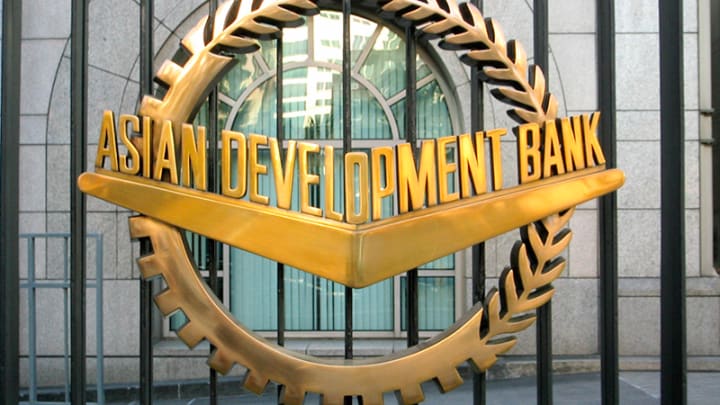A rapid expansion in services coupled with higher domestic consumption has accelerated Georgia’s economic growth in 2024, according to a new Asian Development Bank (ADB) report.
The Asian Development Outlook (ADO) September 2024, forecasts Georgia’s gross domestic product (GDP) to grow by 7%, a notable increase from the earlier projection of 5% growth made in April 2024. The outlook for 2025 remains unchanged, with an anticipated growth of 5.5%.
The Caucasus nation’s economic growth was propelled by a 9.7% increase in transport and storage, 8.5% in accommodation and food services, 12.2% in information and communication, and 9.6% in finance and insurance services. Domestic consumption which became the main driver of growth, helped expand domestic investment. Unemployment fell to 14% in the first quarter of 2024.
“Georgia’s economy continues to show steady progress despite geopolitical risks,” said ADB Country Director for Georgia Lesley Bearman Lahm. “This bodes well for the country’s ability to continue strengthening regional connectivity, supporting the private sector, developing human capital, and investing in climate-resilient agriculture.”
Inflation slowed in the first half of 2024 reaching 1.1% but rose again in June to 2.2%. This was mainly driven by increased transportation costs, owing to unstable oil prices, and elevated prices for tobacco and alcoholic beverages. A relatively stable exchange rate and prudent fiscal policy helped keep prices from rising faster.
During the first half of 2024, an 18.5% increase in revenue helped erase the fiscal deficit. The balanced budget and a relatively stable lari contributed to a reduction in the ratio of public debt to GDP to 38.9% in the middle of this year, down from 39.2% a year earlier. Meanwhile, money transfers fell by 30.3% in general, while those from the Russian Federation plunged by 71.4%, even as they were partly offset by higher inflows from the United States and Europe.
Risks to the current account include domestic policy uncertainty and geopolitical risks, which may exacerbate exchange rate pressures. In addition, potential disruption to trade from the knock-on effects of the Russian invasion of Ukraine could hit supply chains, creating inflationary pressures from higher commodity prices.
ADB has supported Georgia since 2007 and is one of the country’s largest multilateral development partners. ADB’s loans, grants, and technical assistance to Georgia total $4 billion. ADB’s new 5-year country partnership strategy with Georgia aims to help the nation develop into a green and inclusive regional gateway, support sovereign and private sector investments, policy reforms, capacity building, climate resilient infrastructure and regional integration.
ADB is committed to achieving a prosperous, inclusive, resilient, and sustainable Asia and the Pacific, while sustaining its efforts to eradicate extreme poverty. Established in 1966, it is owned by 68 members—49 from the region.
